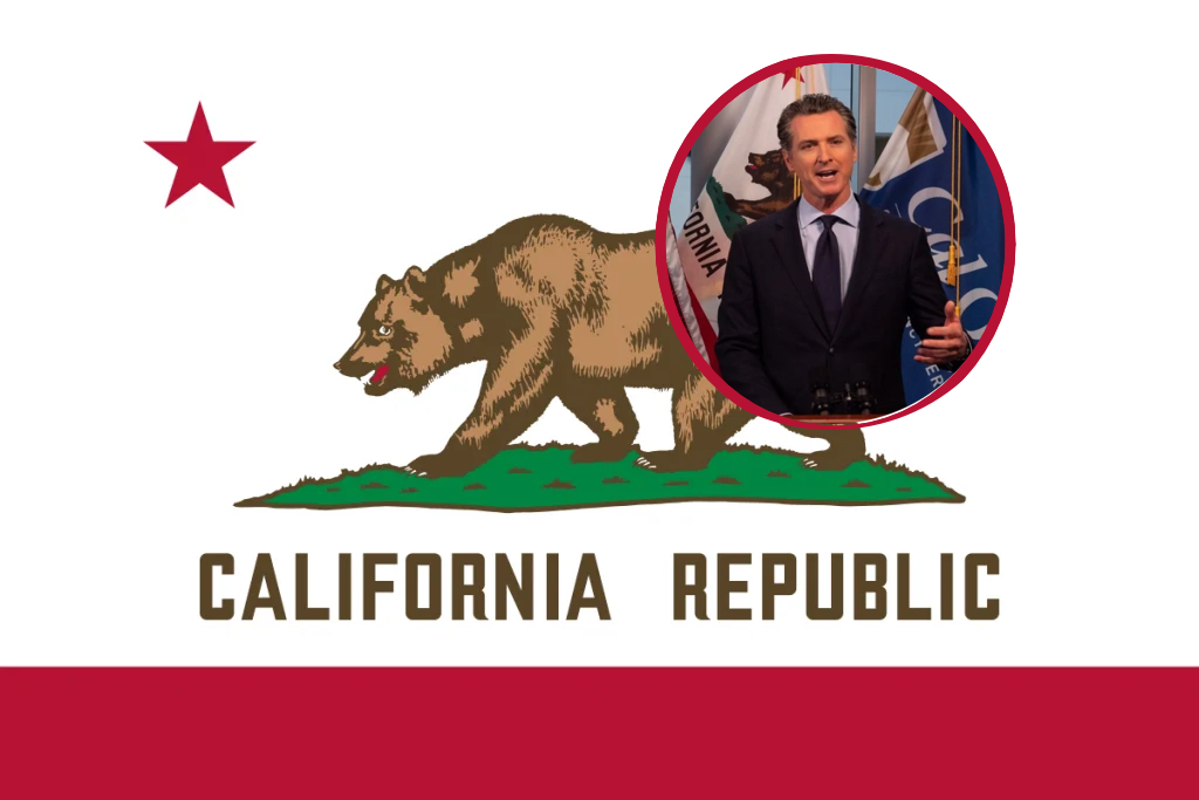In a move aimed at confronting pervasive income inequality, California Governor Gavin Newsom recently signed into law a substantial increase in the state’s minimum wage for fast food workers setting it at $20 per hour. While celebrated as a significant step forward for workers’ rights and economic justice, experts argue that this adjustment, while notable, may not be sufficient to fully address the deep-rooted issues of wage stagnation and growing income disparities affecting low- and moderate-income Californians.
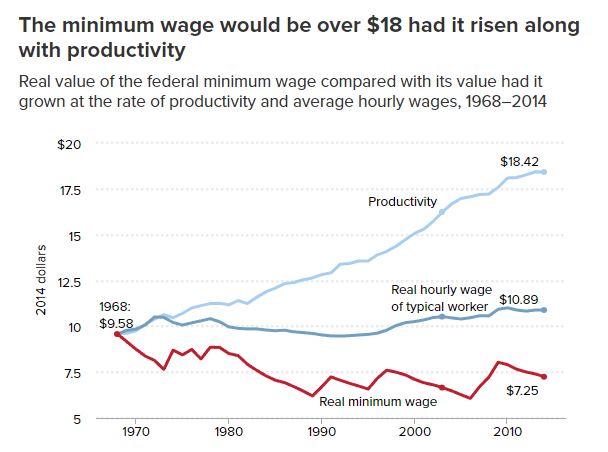
The decision to raise the minimum wage comes amid a backdrop of decades-long wage stagnation across the United States. According to the Economic Policy Institute (EPI), hourly compensation for typical workers has lagged significantly behind productivity gains since the 1970s. In fact, if the federal minimum wage had kept pace with productivity and inflation, it would be over $31.72 in 2024 dollars, underscoring the magnitude of the gap between wage growth and economic productivity.
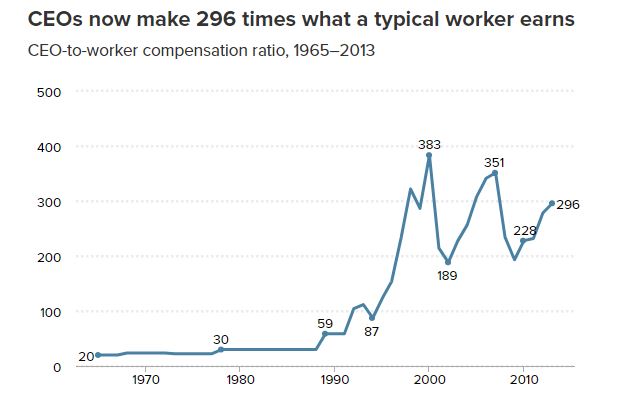
California’s move to increase the minimum wage to $20 per hour reflects a broader recognition of the economic challenges faced by low-wage workers in an increasingly unequal society. The state, known for its progressive policies, aims to lead by example in setting a standard for fair wages and equitable economic growth.
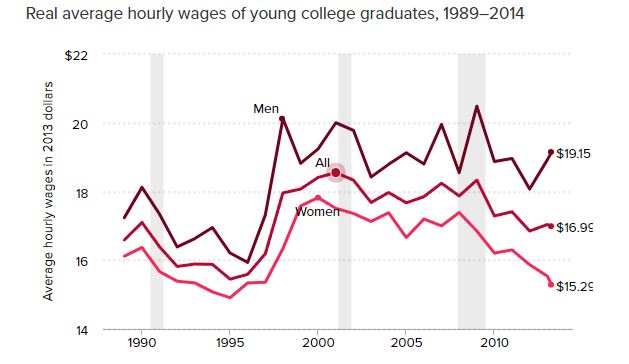
However, critics argue that while raising the minimum wage is a necessary step, it should be part of a more comprehensive strategy to address income inequality. The EPI report highlights that the average income for middle-class households could have been significantly higher if income inequality had not widened over the past few decades, emphasizing the persistent impact of economic policies favoring the wealthiest.
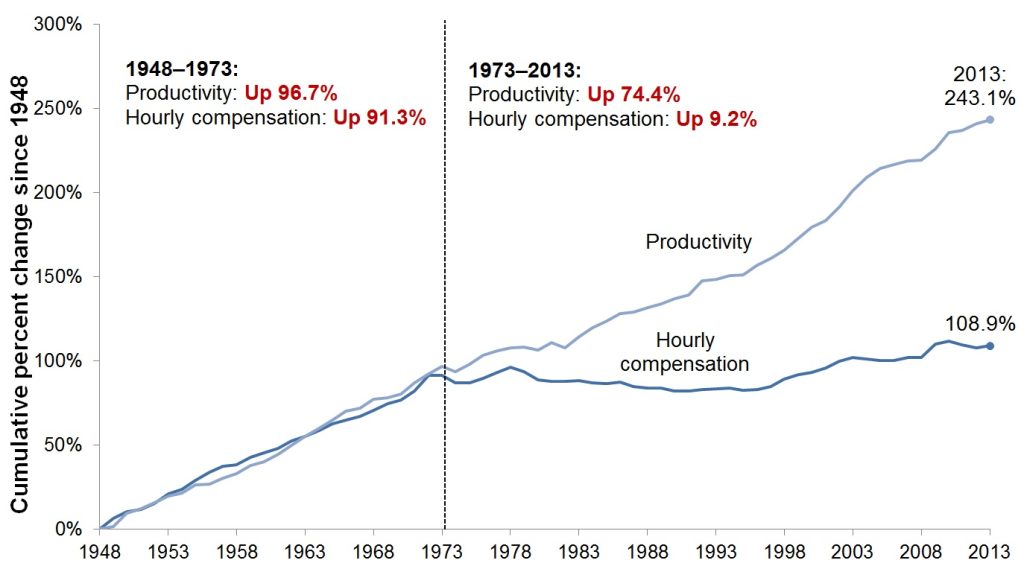
The root causes of wage stagnation are multifaceted, including the erosion of collective bargaining power, insufficient labor standards enforcement, and disproportionate gains in executive compensation relative to worker pay. These factors have contributed to a widening income gap that continues to challenge the economic stability of working families across California.
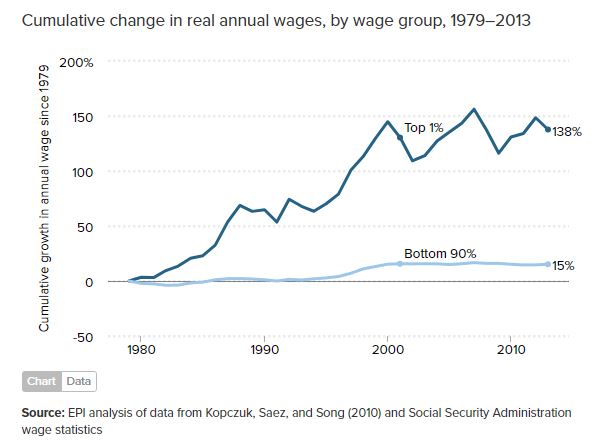
Economists and advocates for economic justice argue that alongside raising the minimum wage, policymakers must prioritize strengthening labor rights, expanding access to affordable healthcare, and investing in education and skills training. These measures are seen as essential to fostering sustainable economic growth that benefits all Californians, not just a privileged few.
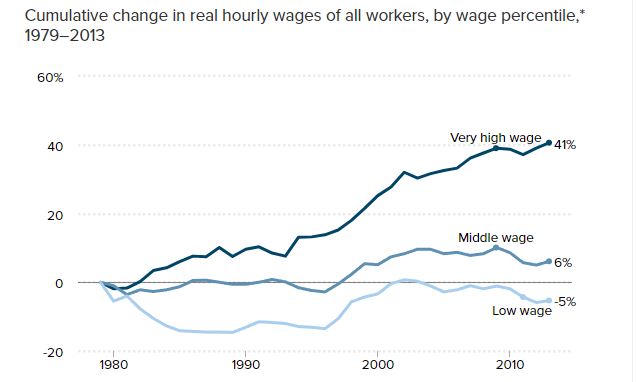
The debate over California’s minimum wage hike to $20 per hour is expected to resonate nationally, influencing discussions on wage policy and economic inequality across the country. Proponents of a higher minimum wage point to its potential to improve living standards and reduce poverty, while critics caution that more comprehensive reforms are needed to address systemic inequalities in the labor market.
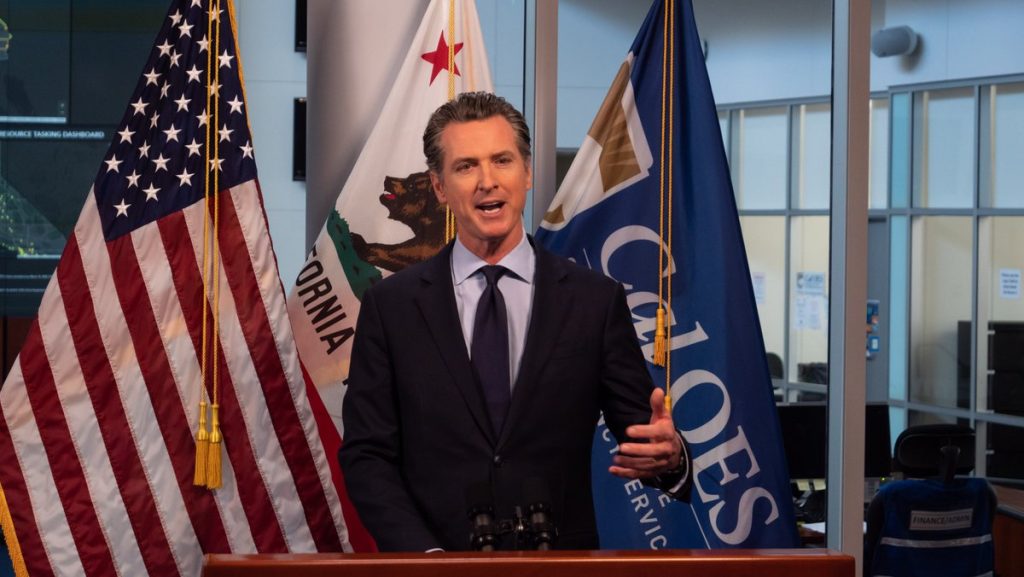
Governor Newsom’s decision reflects a commitment to advancing economic equity in California, but the effectiveness of this policy change will depend on its implementation and complementarity with broader economic reforms. As the state moves forward, stakeholders will closely monitor the impacts of the minimum wage increase on businesses, workers, and overall economic growth.
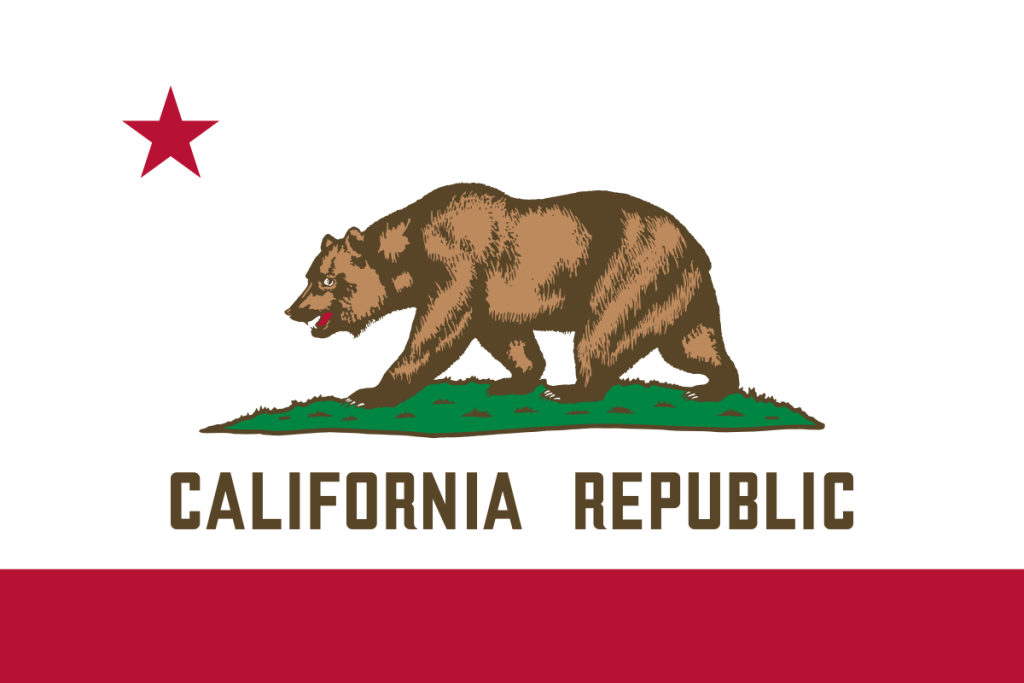
While California’s minimum wage hike to $20 per hour marks a significant milestone in the fight against income inequality, experts argue that sustained progress will require a holistic approach that addresses the structural barriers to equitable wage growth and economic opportunity.

For further insights and detailed analysis, refer to the comprehensive report by the Economic Policy Institute on wage stagnation and economic policy solutions in the United States.

